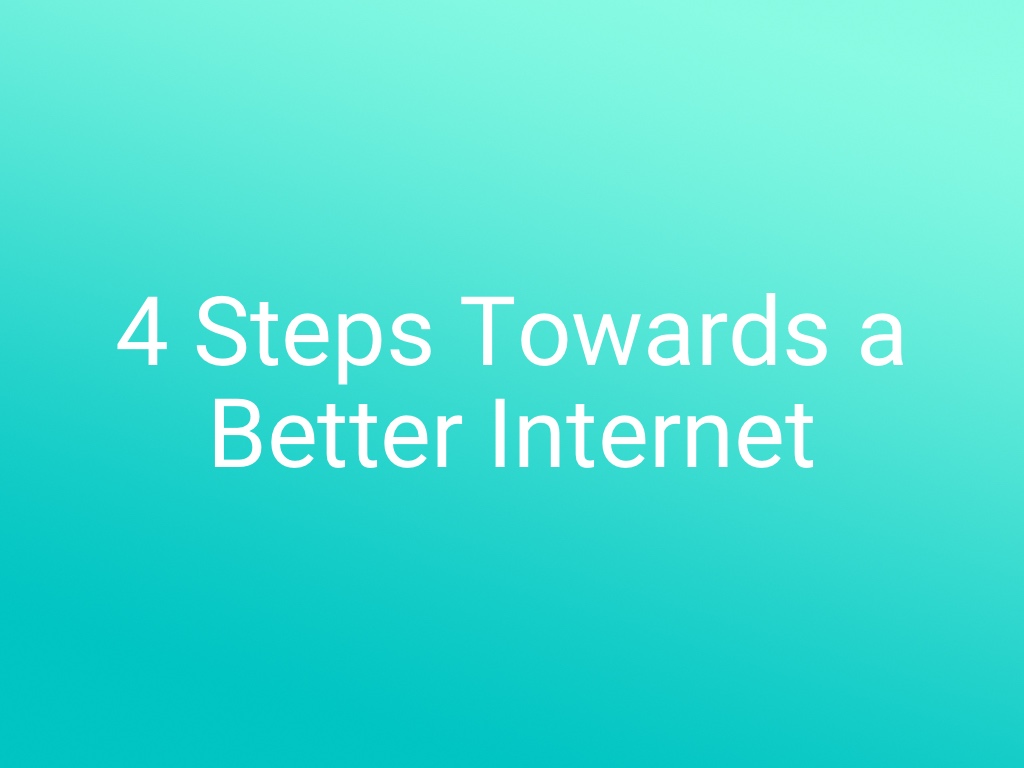I believe the internet today is pretty much broken — by behavioral tracking, by market concentration, by walled gardens. And while I caution against quick technological fixes as attempts to solve complex societal issues, I do think there are approaches that might lead us to much better outcomes:
- No behavioral tracking beyond the website or app. I don’t think there is a need for cross-site/cross-app tracking where the benefits outweigh the negatives. If we can remove the infrastructure for cross-site tracking of user behavior, we’re all better off.
- Mandate interoperability and mobility of data and networks. In order to see new and interesting services, it has to be easier to build new stuff. Interoperability allows just that. By mandating interoperability among services, we allow new entrants to the market. By also mandating that users can freely move their data and their social graph (networks) around, we prevent lock-in.
- Limit market consolidation ruthlessly. The internet strongly favors winner-takes-all dynamics, and today we find ourselves in an internet run by a small group of near-monopolies. We need to limit this type of market consolidation at all costs. If laws need to change to get there, let’s change the laws. If enforcement is the bottleneck, let’s ramp up the enforcement.
- Fund a publicly governed open source stack. We should be funding a tech stack governed by democratic principles. As I see it, it’s secondary if it is built by state or private sector actors, but the governance should be public. This stack needs to be open source, of course. Please note that I am not talking about consumer services (“government Twitter”) but about the underlying infrastructure level.
Would all this solve all our problems? Of course not. But it would put us in a much better position to solve them, and in the meantime it would give us all a much more resilient and healthy internet ecosystem.



